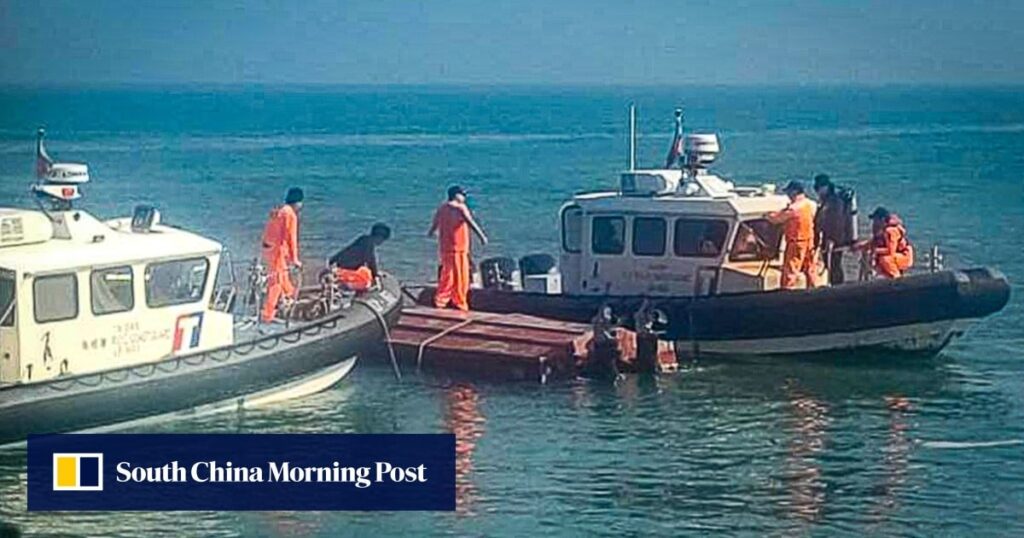Cross-Strait Tensions Flare as Mainland Chinese Fishermen Drown During Taiwanese Coastguard Pursuit
In a development that further complicates the already tense cross-strait relations, two mainland Chinese fishermen tragically drowned after a pursuit by the Taiwanese coastguard. The incident has sparked a fresh wave of accusations and counter-accusations, adding more strain to an already delicate situation between Mainland China and Taiwan.
The Incident
The tragedy occurred in disputed waters, where the Taiwanese coastguard accused the mainland fishermen of trespassing. Meanwhile, officials in Mainland China have condemned what they termed as a "rough dispersal of the fishing boat" by Taiwanese authorities. The event ignited immediate diplomatic skirmishes, revealing the fragility of relations across the Taiwan Straits.
Early Negotiations and Stalemate
Following the incident, officials from both sides quickly convened, engaging in 15 rounds of talks to find a resolution. These negotiations, however, hit a roadblock in March, leaving the situation unresolved for months. It wasn’t until recently that any tangible progress was made.
The Agreement
This month marked a critical development as both sides finally reached an agreement regarding the return of the fishermen’s bodies, their vessel, and compensation. The consensus was confirmed in a meeting attended by family members of the deceased and representatives from both sides, including Li Zhaohui, the Deputy Director of the Quanzhou Taiwan Affairs Office, and Xu Weiwei from the Association for Relations Across the Taiwan Straits.
"We hope that the relevant parties in Taiwan will actively implement the agreed-upon terms to bring peace to the victims and their families," Li stated. Taiwan Coast Guard Administration Deputy Director-General Hsieh Ching-chin, present during the talks, remained tight-lipped about the details but confirmed that an agreement was reached amicably.
Context of the Tensions
The breakthrough comes after various attempts at negotiations were disrupted, including a delay caused by Typhoon Gaemi. The talks are noteworthy given the rarity of direct discussions between officials from both sides. Since 2016, Beijing had severed official communication with Taipei after Taiwan’s then-Leader, Tsai Ing-wen, of the Democratic Progressive Party (DPP), refused to acknowledge the one-China principle—Beijing’s cornerstone for any engagement with Taiwan.
Liang Wen-chieh, Vice-Chairman of Taiwan’s Mainland Affairs Council, emphasized that the negotiations were "between the parties involved" rather than "official-to-official."
Future Prospects
Despite the agreement, the outlook for cross-strait relations remains bleak. The election of William Lai Ching-te, another DPP member and a figure Beijing has labeled a "troublemaker," as Taiwan’s leader does not bode well for improving relations. Beijing insists on reunification, by force if necessary, viewing Taiwan as an inseparable part of China, while most countries, including the United States, do not officially recognize Taiwan as an independent state. Nonetheless, Washington opposes any forcible attempts to reclaim the self-governed island and continues to provide it with military support.
As these events unfold, it remains to be seen whether this recent agreement can serve as a stepping stone towards improved dialogue or merely a temporary truce in an otherwise volatile relationship.
For more information on the Taiwan Affairs Office, click here.
This feature-length article offers a comprehensive look into the recent tragedy, the ensuing negotiations, and the broader implications on cross-strait relations, straddling the fine line of diplomacy and conflict between Mainland China and Taiwan.
